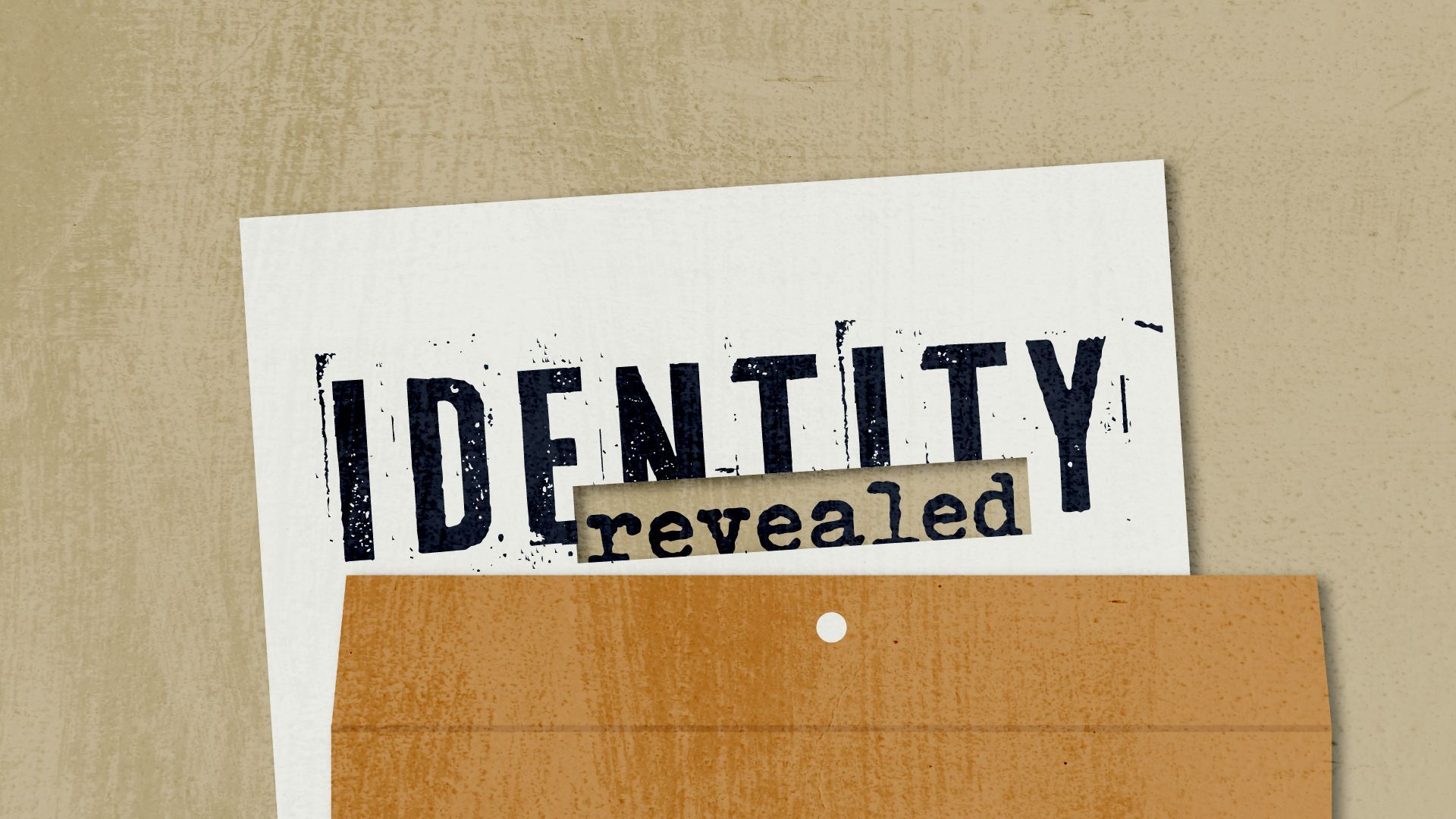He Lives!
Life is full of either/or moments where you face an unavoidable choice between two alternatives. Some of those moments are relatively insignificant. Either I have the chicken, or I have the fish. Other times, they shape the course of your life. Either I accept this new job offer, or I keep my current job for the remainder of my career. Either I accept his marriage proposal, or.… Some either/or moments are bigger than others.
Here is the biggest either/or of them all. Either Jesus is still dead, or Jesus rose. One might ask, “How does that either/or affect me?” Because Jesus claimed to be the Son of God and Savior from sin. He said the proof is that he would rise from the dead. “The Son of Man must suffer many things … be killed and after three days rise again” (Mark 8:31). Thus, if Jesus remains dead, he is both failure and fraud. However, if Jesus rose from the dead, he proves he is who he claimed to be—the Messiah. And he did what he came to do—save us.
Either Jesus is still dead, or Jesus rose. That means, either Jesus is a complete waste of your time, or he is your only hope for salvation. If Jesus is still dead, it is completely logical that you should want nothing to do with him. If Jesus rose, it is only logical that he becomes the center and greatest priority of your life. Either Jesus is still dead, or Jesus rose. This season of Easter is a 50-day-long celebration of the fact that the Holy Spirit has answered that either/or for us. We believe this life-changing truth. Christ is risen! He lives! Throughout this season, we explore what that means.





